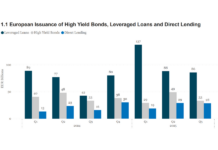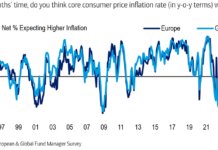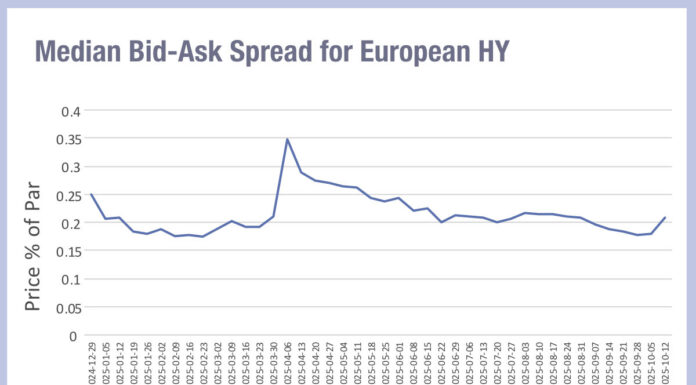Bank of America, using data from JLL has analysed the funding of data centres using asset backed securities (ABS) and commercial mortgage backed securities (CMBS).
“We expect issuance to increase as more enterprises move to the cloud and AI demands increase,” the collective of BofA CMBS and ABS analysts write.
According to JLL, data centre capacity under construction in North America exceeds 5.3GW, which the report notes is enough energy to power all the households in the San Francisco metro area for one year.
“The first 144A ABS transaction was issued 2018,” they write. “The inaugural data centre deal in the CMBS market was in 2021 for US$3.2bn. To date, supply has reached US$32bn, with 74% of it (US$24bn) issued in the ABS market and the remaining 26% (US$8bn) in the CMBS market.”
Data centres as real estate facilities containing complex IT, support, redundancy and connectivity hardware and software, largely supply the premises but not management of the technology, according to the report. It notes that leases to users are normally quoted based on $/kW use.
“By structuring ABS transactions as master trusts so the issuer can add additional collateral in the form of data centre or MW capacity, to the trust and issue additional note series over time,” the report notes. “In the CMBS market, deals are structured like typical SASB transactions, where the collateral pool is established at issuance. The ABS market funds a range of data centre types (wholesale, retail, hybrid) with multiple tenants, while the CMBS market has primarily funded hyperscale developments. We note that CMBS deals have priced tighter than ABS deals due in part to differences in ratings and structures.”
“ABS trusts are structured with debt service coverage ratio (DSCR) performance triggers including: springing reserves for retail transactions; cash traps; and amortization,” the report continues. “DSCRs tend to be higher for retail data centre ABS versus wholesale given springing reserves and potentially higher customer churn due to shorter contract terms. For CMBS, the observed decline in DSCR for outstanding deals has been driven by higher rates given the mix of floating- and fixed-rate notes. ABS notes are fixed rate.”
©Markets Media Europe 2024
©Markets Media Europe 2025













